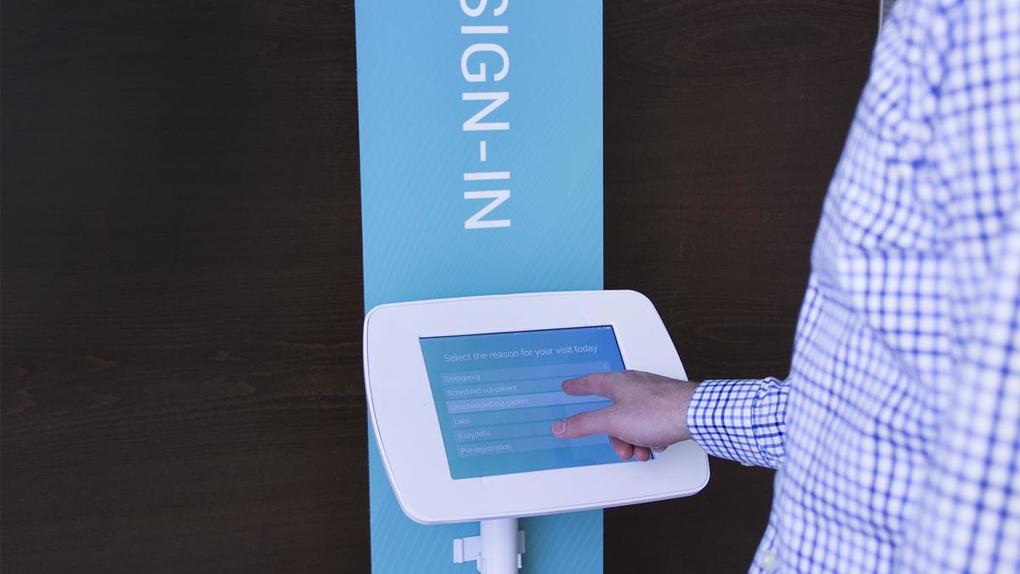Windows and Android Kiosk with Remote Monitoring
KioWare Analytical Design Solutions Inc. (ADSI), the parent company of KioWare, has been in business since 1991 providing client/server database and web development consulting services. The maturin… Source: kioskindustry.org Kioware feature article on kiosk industry. Along with full Windows versions, Kioware has 3rd gen Android clients with remote monitoring and alerts. Feature support such as ChromeCast. Post Views: 834





